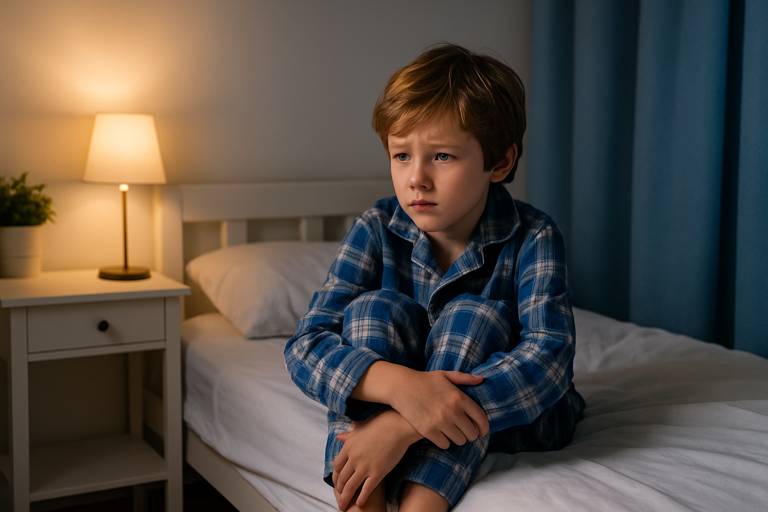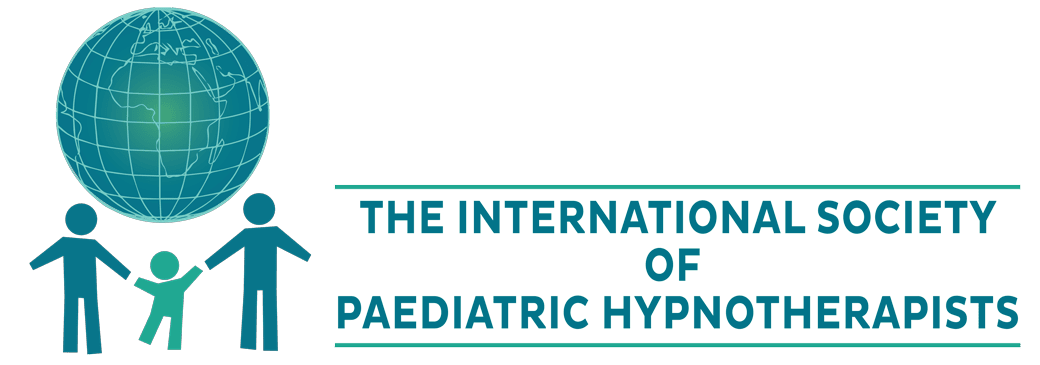Bed-wetting, or nocturnal enuresis, is more common than many people realise. While it’s often dismissed as just a phase, it can have a significant emotional impact on children, especially as they get older. For some, the fear of sleepovers, embarrassment at being different, or frustration from feeling out of control can affect their confidence and self-esteem. With the right support, bed-wetting can be resolved gently and effectively.
Understanding Bed-Wetting and Soiling
Bed-wetting and encopresis (soiling) are involuntary behaviours. They are rarely intentional and should never be treated with blame or punishment. Many children who experience these issues feel deeply ashamed but don’t know how to stop. It’s important for parents to understand that their child is not lazy or misbehaving, they need reassurance, understanding, and support.
Contrary to popular belief, bed-wetting is not caused by laziness or naughtiness. Children who wet the bed are often sleeping through signals from their bladder that would normally wake someone.
These signals still disturb the sleep cycle, so children with bed-wetting tend to experience poorer quality sleep overall, which may affect their behaviour during the day.

Children may also try to hide the issue due to embarrassment or fear of getting into trouble, especially if they’ve been teased or punished. It’s important for parents to know that punishing a child for wetting the bed can worsen the emotional impact and delay progress.
While bed-wetting can be linked to emotional distress or psychological events in some cases, for most children the root cause is physical or developmental. Some may have a delay in the development of bladder control, or their bodies may not yet produce less urine at night, as is typical in older children and adults.
Waking a child to use the toilet during the night, though still commonly recommended, may not be effective in the long term. It can prevent full restful sleep and does not address the root cause. Instead, children benefit most from a calm, consistent routine, emotional support, and therapeutic interventions that address the patterns formed in the subconscious.
Bed-wetting is considered a medical issue from the age of five. If the child or their family are distressed by the issue, support and treatment should be offered regardless of age.
Why These Issues Persist
Bed-wetting and soiling often continue because the child’s subconscious mind has developed patterns that override their natural signals. Even if they want to stay dry, their brain may not be receiving or responding to the body’s messages during sleep. Over time, the issue can become a source of anxiety, which then reinforces the cycle.
Parents may also unknowingly increase pressure by focusing on the problem, which can make the child more tense at bedtime. Instead, the focus should be on creating calm, building confidence, and gently guiding the subconscious to develop new patterns.
How Hypnotherapy Can Help with Bed-Wetting
Hypnotherapy works by speaking to the child’s subconscious in ways that are soothing, imaginative, and effective. Using guided imagery, metaphors, and creative stories, a therapist can help the child develop greater awareness and control during sleep.
Children may be guided to imagine their brain and bladder working as a team, or visualise a bedtime routine where they stay dry through the night. These kinds of mental rehearsals help build new neural pathways and can significantly reduce incidents of bed-wetting.
Because children live in their imagination, they often respond quickly to this approach. On average, they need half the number of sessions an adult might require for a similar issue.
A Story of Progress
A nine-year-old boy had struggled with bed-wetting for years. His parents had tried everything from rewards to alarms, but nothing seemed to work. He was starting to avoid school trips and sleepovers.
Through hypnotherapy, he imagined a superhero version of himself who stayed dry and confident at night. Over four sessions, he began waking in the night to use the toilet and eventually started sleeping through with dry sheets. His confidence improved and he looked forward to school trips without fear.
What to Expect from Hypnotherapy
Sessions are fun, relaxed, and tailored to your child’s age and needs. There’s no pressure to talk about embarrassing details – the focus is on building self-esteem and gently retraining the subconscious.
- Many children see improvement within a few sessions
- Parents are guided on how to support their child without pressure or shame
Therapists use child-friendly language and tools to make sessions enjoyable, not stressful.
Why Choose a TISPH-Qualified Therapist?
TISPH therapists are specially trained to work with children and understand the emotional and developmental factors behind bed-wetting and soiling. They use gentle, effective methods that work with your child’s imagination to create lasting change.
You can find a qualified therapist using our Find a Hypnotherapist page.
Common Questions
Is hypnotherapy safe for bed-wetting?
Yes. Hypnotherapy is gentle, non-invasive, and focused on emotional and developmental support.
Will my child be embarrassed to talk about it?
Not at all. Therapists work in a child-friendly way and avoid putting pressure on children to talk if they’re not ready.
How many sessions will my child need?
It varies, but most children show signs of improvement after a few sessions. Children tend to respond quickly because of their imaginative nature and openness to change.
